OpenAI’s CTO Mira Murati Responds to Elon Musk’s Criticism of Apple Partnership
OpenAI’s CTO, Mira Murati, recently addressed criticism from Elon Musk regarding the collaboration between Apple and OpenAI to integrate AI features into Apple devices. Musk, a former associate of OpenAI, labeled the integration as “creepy spyware” and threatened to ban iPhones from his companies if these AI features are implemented. Speaking at Fortune’s Most Powerful Women dinner, Murati dismissed Musk’s remarks, stating, “That’s his opinion. Obviously, I don’t think so. We care deeply about the privacy of our users and the safety of our products.” She emphasized OpenAI’s commitment to security and transparency, countering Musk’s claims by highlighting the company’s efforts to be clear about their technology.
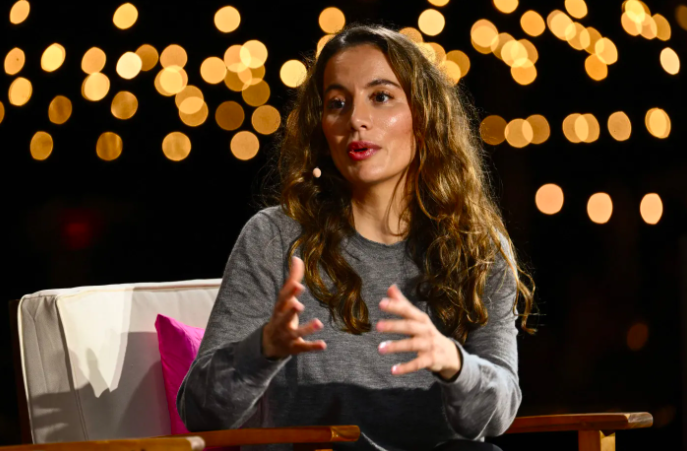
In response to Musk’s assertion that Apple lacks the capability to develop its own AI and is risking user privacy by partnering with OpenAI, Murati reiterated the importance of public understanding of the technology. She remarked, “The biggest risk is that stakeholders misunderstand the technology.” Meanwhile, Apple introduced a new cloud intelligence system named Private Cloud Compute (PCC), designed to ensure that personal user data remains inaccessible to anyone but the user, even to Apple itself. Apple assured that the PCC system can be independently inspected to verify its privacy measures, aiming to alleviate concerns about data security.
OpenAI Appoints Former NSA Director Paul Nakasone to Board of Directors
Retired U.S. Army General and former National Security Agency (NSA) Director Paul M. Nakasone has joined the Board of Directors at artificial intelligence giant OpenAI. Nakasone will also join the Board’s Safety and Security Committee, which was announced in late May and is responsible for making recommendations on safety and security decisions for all OpenAI projects and operations. OpenAI stated that Nakasone’s insights will “contribute to OpenAI’s efforts to better understand how AI can be used to strengthen cybersecurity by quickly detecting and responding to cybersecurity threats.
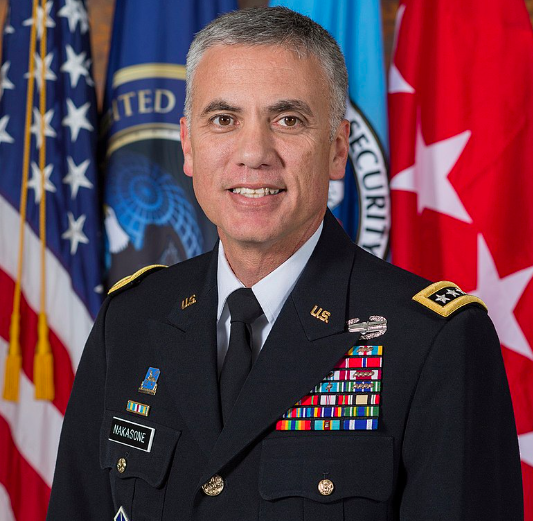
General Nakasone, who retired in early 2024, previously served as Commander of USCYBERCOM and Director of the NSA/CSS since May 2018, succeeding Admiral Mike Rogers. Under his leadership, the NSA established the unclassified Cybersecurity Collaboration Center and the Artificial Intelligence Security Center in September 2023. Bret Taylor, Chair of OpenAI’s Board, expressed confidence that Nakasone’s unparalleled experience in cybersecurity will guide OpenAI in its mission to ensure that artificial general intelligence benefits all of humanity. Nakasone echoed this sentiment, stating that he looks forward to contributing to OpenAI’s efforts to ensure AI is safe and beneficial worldwide.
Luma Labs Introduces Dream Machine: A Revolutionary AI Video Generator
Luma Labs AI has unveiled Dream Machine, an AI video generator that produces high-quality, realistic videos using both text and image inputs. Available for free on their website, Dream Machine allows users to create and animate content efficiently, setting new industry standards with its scalability and efficiency. Despite facing some server load issues, the tool shows significant promise in generating physically accurate and eventful videos. Dream Machine’s extensive capabilities enable users to generate diverse video content, from action scenes to horror themes, with impressive customization options for character movements and positions.
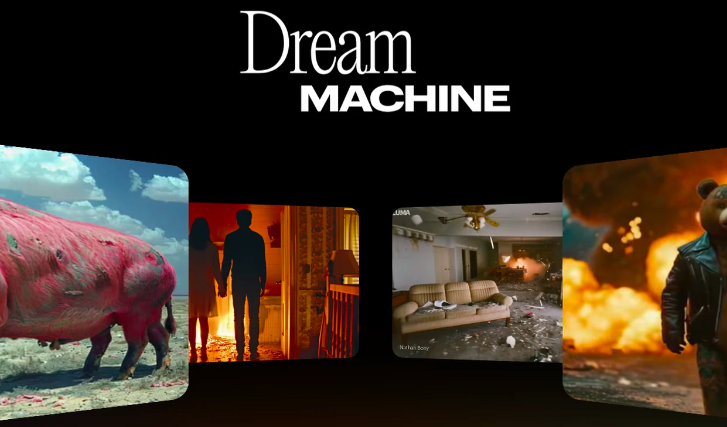
The Dream Machine uses a scalable and efficient Transformer model, capable of generating 120 frames in just 120 seconds, incorporating various camera movements and cinematic shots for enhanced visual appeal. Luma AI offers a free tier with limited generations and paid tiers for additional monthly generations, making the tool accessible to a wide audience. Future updates aim to enable genre-specific content creation, further broadening its versatility. As the technology continues to evolve, the Dream Machine’s potential applications are vast, making it a valuable asset for marketers, educators, and entertainers. Early users have already showcased impressive content, highlighting the model’s capabilities and fostering a growing community of innovative creators.
The Complicated Partnership Between Apple and OpenAI
When OpenAI CEO Sam Altman attended Apple’s annual developer conference, it marked the announcement of a significant partnership to bring OpenAI’s ChatGPT technology to Apple devices later this year. However, Altman, a key figure in the generative AI movement, was notably absent from Apple’s formal presentation and private press event.
Analysts suggest this was a strategic move by Apple to manage its messaging, emphasizing that OpenAI’s technology would complement, but not dominate, the Apple ecosystem. Despite the announcement, Apple continues to prioritize its proprietary AI technology, known as Apple Intelligence, while offering ChatGPT as a supplementary service primarily activated through Siri.
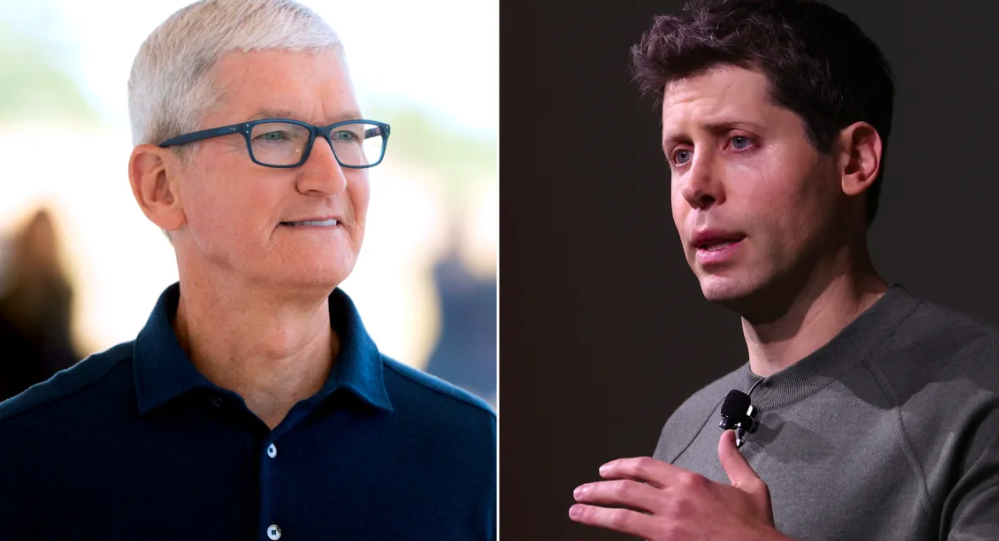
The partnership has stirred controversy, particularly with former OpenAI associate Elon Musk, who criticized the integration as “creepy spyware” and threatened to ban Apple devices from his companies. Apple’s cautious approach to the partnership reflects broader industry concerns about AI-related privacy, security, and misinformation. To address these, Apple has implemented stringent privacy measures, ensuring that user data remains secure and that each use of ChatGPT requires explicit consent. The collaboration aims to bridge competitive gaps while maintaining a focus on user privacy and data security, navigating the complexities of integrating advanced AI into consumer technology.
Elon Musk Withdraws Lawsuit Against OpenAI
Elon Musk recently made headlines by withdrawing his lawsuit against OpenAI, a company he co-founded. Initially, Musk filed the lawsuit claiming that OpenAI’s advancements in artificial intelligence were partly due to his early contributions and investments. The case, which named OpenAI CEO Sam Altman, garnered significant attention in tech circles. Musk’s withdrawal marks a notable moment in his involvement with AI development, potentially indicating a shift in strategy or an acknowledgment of the complexities involved in suing a company he helped establish. This resolution allows both Musk and OpenAI to continue their AI work without legal distractions.
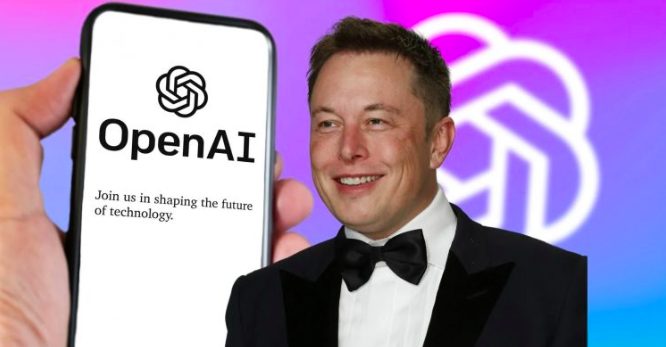
Under Sam Altman’s leadership, OpenAI has made significant strides in AI research and application, earning widespread recognition. Musk’s initial lawsuit appeared to stem from a belief that he deserved more recognition and benefits from OpenAI’s achievements. However, OpenAI’s defense emphasized their commitment to ethical AI development and transparency. The case brought to light the complex dynamics between Musk and OpenAI, highlighting Musk’s lingering connection and interest in the company’s advancements despite his earlier distancing over concerns about AI safety. With the lawsuit withdrawn, both parties can now focus on shaping the future of artificial intelligence.
